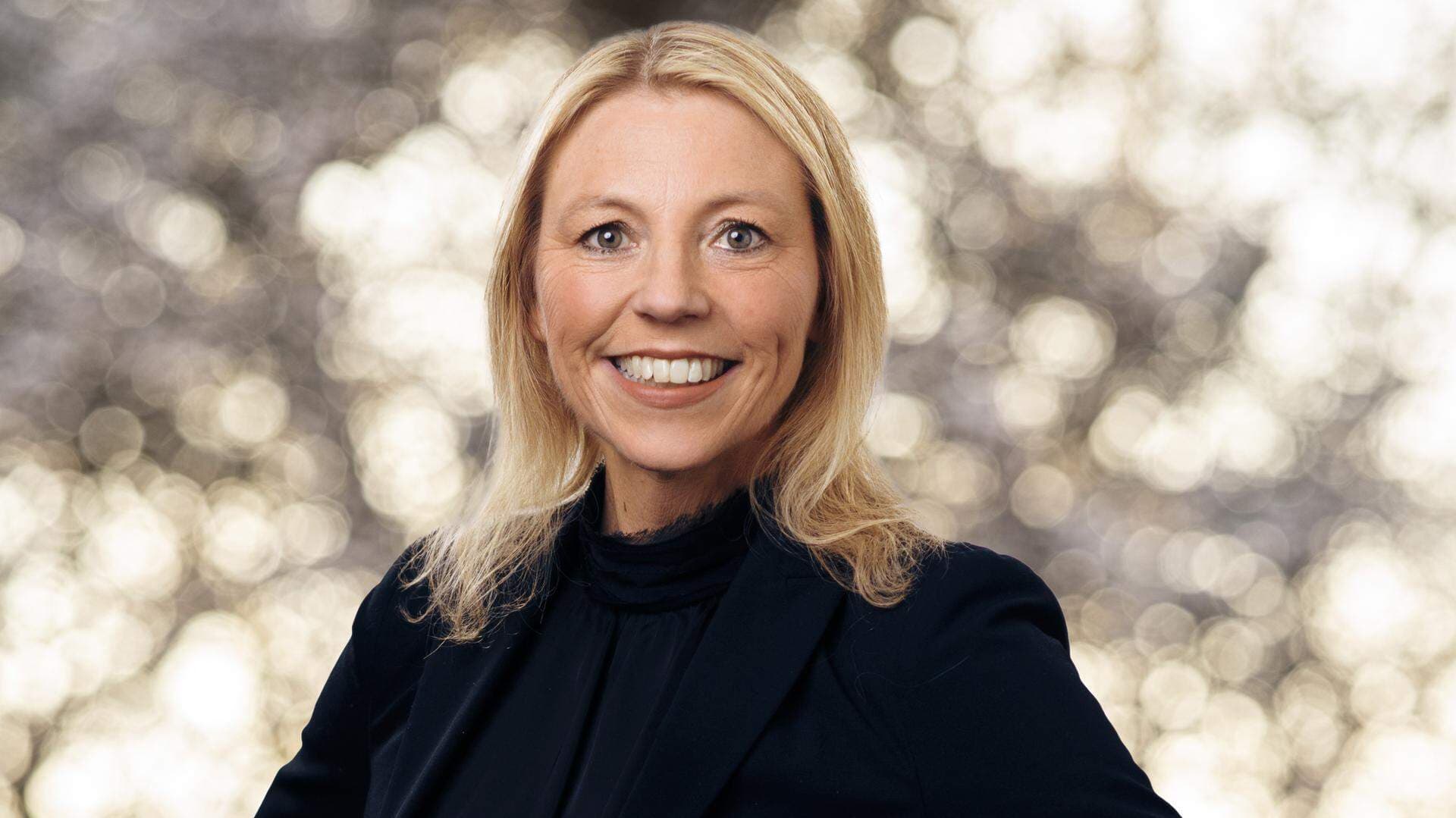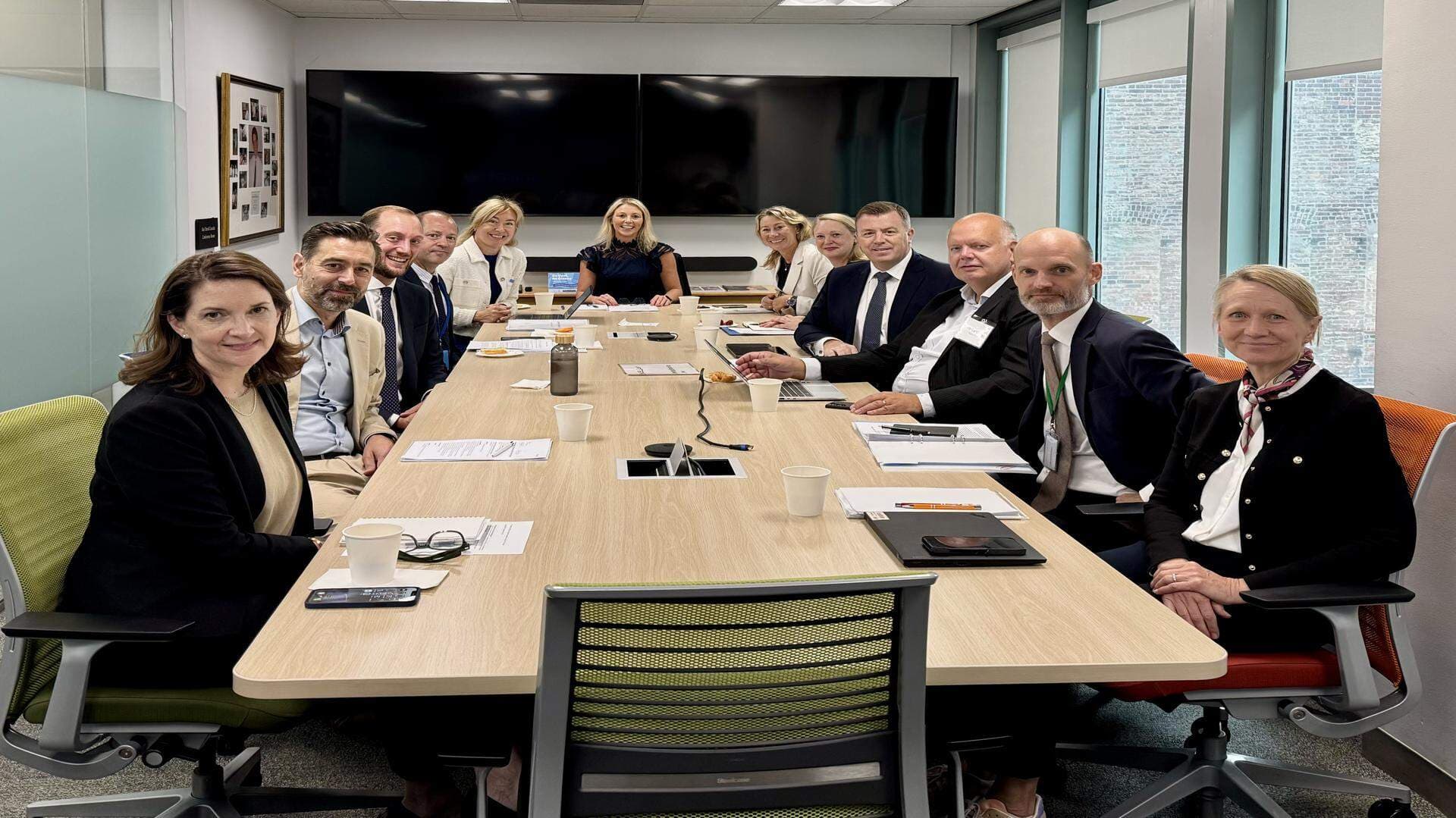”Emissions reductions are closely connected to economic development”
Swedish companies should be ahead of the game as the UN shapes new frameworks for the global transition. This was the message at the roundtable hosted by the Confederation of Swedish Enterprise during a UN summit in New York.

At the end of September, the UN held a high-level meeting, the Summit of the Future, to define the next global agenda for sustainable development. For this occasion, the Confederation of Swedish Enterprise hosted a roundtable discussion focusing on the driving force of businesses for sustainable development.
The discussion, initiated by Marie Trogstam and Christine von Sydow from the sustainability department, included business representatives such as Christina Friborg from SSAB, Pär Larshans from Ragn-Sells, and Heather Johnson from Ericsson.
– Swedish leadership has shown that emissions reductions are closely connected to economic development. As the next global sustainability agenda is shaped after Agenda 2030, we want businesses to be involved from the outset. The dialogue should include businesses directly, rather than others just talking about them, said Marie Trogstam, Head of Sustainability and Infrastructure.
The conversation received positive feedback from representatives of UN agencies such as UNICEF and UNDP, signaling that businesses and public representatives now share common goals and visions, according to Marie Trogstam.
– There is a great understanding that businesses provide many solutions to global problems and must base their long-term work for sustainable development on their core operations and profitability, she said
Working on Three Levels
The discussion also highlighted several challenges hindering the green transition, such as a lack of skilled workers, access to fossil-free electricity, and the need for stable regulations and anti-corruption efforts. Another issue is the challenge for impact tech companies to quickly scale their technologies. Businesses also need support in reducing risks when investing in developing countries, said Marie Trogstam.
– This creates a win-win situation, with both local economic development and green transition while strengthening companies’ business operations, she added.

Swedish companies aim to lead the global transition by focusing on their strengths and forming strategic partnerships. To have an international impact, they plan to work on three levels simultaneously, Marie Trogstam explains.
– We will now begin a dialogue with the UN to integrate the power of business and innovative solutions into the global agenda post-2030, supported by the platform Swedish Leadership for Sustainable Development (SLSD). The national climate action plans (NDCs) are central, intending to make them investable and launch them at the COP30 climate conference. The focus is on selected countries and projects where strategic partnerships and Sweden’s strengths can turn risk into opportunity.